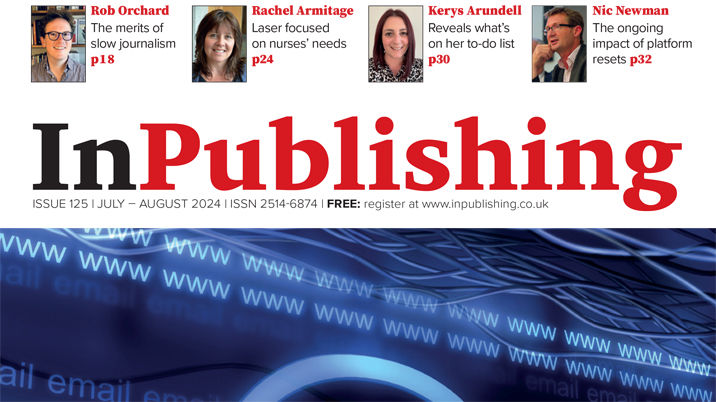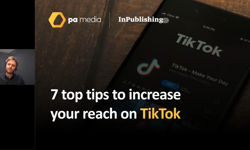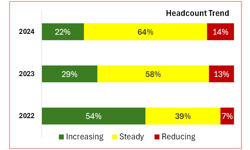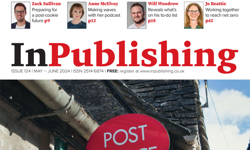
The July / August issue of InPublishing magazine was published this week. Here are some of my takeaways from it:
- Messaging: PR execs should dial it back when trying to win over editors. “Super-excited to be reaching out to you to share…” is not a good way to start their email. I mean, are they? Are they really?
- Revenue diversification: At Good Housekeeping, this has been driven by the realisation that there are women who would spend more money if they created a product to allow them to buy it.
- Subs marketing: It’s important to go out and fail. You don’t just learn from successes. Failure sucks, but it can be a learning experience – take the value from it and roll it into the next venture.
- News deserts: Hyperlocal sites can fill a gap in news provision, but the gap has not been filled adequately in deprived areas, and this may result in a democratic deficit.
- Credibility: Some sections of the national press have been discredited by their uncritical support for Brexit and Boris Johnson and then being equally supportive of Liz Truss and Rishi Sunak.
- Front cover design: A magazine cover is not a collection of parts tipped into a template. It is a whole thing, a single entity. This means the words must be written with the images in view.
- Journalism: If you take your time, you get better results and at the bare minimum, you want journalists to be able to have time to speak to some experts, speak to some people on the ground and hopefully visit.
- Data publishing: A single platform, which is scalable, future proof and flexible is a prerequisite. However well you know your customers’ needs, if the technology and database structure you use makes it hard to interrogate and manipulate the data and roll out new products to meet those needs, then you will be seriously underperforming.
- New product development: You need to really understand your value proposition, to not let the urge to get to market quickly persuade you to skip on concept and prototype development.
- Encouraging signs: The most welcome development in media today is the return of entrepreneurialism in journalism – an origin spirit, with editors and business partners defining communities and intuiting (and tracking) what is useful to, and what leverages, those communities.
- Combatting adblockers: If your users respect your content and trust you enough to remove their adblockers, then make sure their ad experience is a good one!
- Acceptance of AI: There is widespread public suspicion about how AI might be used in creating content, especially for ‘hard’ news stories such as politics or war. There is more comfort with the use of AI in behind-the-scenes tasks such as transcribing interviews or summarising materials for research; in supporting rather than replacing journalists.
- AI guardrails: Having ethical guardrails in place unlocks the ability for teams to move forward with confidence because they know the parameters they’re operating within.
- Portfolio management: Each brand within a publisher’s portfolio can have very different dynamics and business models. Managing that variety, whilst trying to apply best-practice and drive scale-economies across the organisation is a real challenge for many companies.
If you want to read the full issue, then please register here. Once you’ve completed your registration, you’ll be provided with a link to the digital edition.

You can catch James Evelegh’s regular column in the InPubWeekly newsletter, which you can register to receive here.










